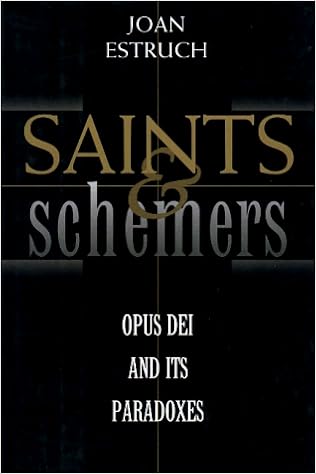Michael Walsh has written what I believe to be the best critical book on Opus Dei. It methodically and accurately describes the religious ideology of Opus Dei, and then, using a critical framework that draws on important aspects of Roman Catholic understanding and practice, shows how this ideology is actually or potentially defective. Thus Walsh effectively identifies the problematic aspects of the spirit of Opus Dei, even citing the very basis by which it is justified. In this respect, the book is outstanding.
The primary documents by which Walsh delineates the spirit of Opus Dei are the Constitutions of 1950 and 1982 and The Way. Additional sources include Cronica and the personal testimony of former numeraries. With the exception of The Way, these sources represent information that is relatively inaccessible.
The book begins by constructing the history of Opus Dei with the startling insight that Opus Dei itself lacks a history. This characteristic is already accounted for very well by Joan Estruch et al., Saints and Schemers (1995), by demonstrating that Opus Dei delusively cultivates a mythic self-image.
Then, starting with the 1950 Constitutions, Walsh maps out the distinctive features of this organization, highlighting the objectionable: its specific bias against women; its devotion to hierarchy; its elitist aspirations; its subversion of the institutional church; and its legalistic predilection.
Moving on to The Way, the author adds revealing details to this portrait: the authoritarian clericalism; the Fascist affinities; the spiritual simplism; the Jansenist undertones; the institutional avarice; the doctrinal reductionism; the dubious profession of divine perfection. (more...)


No comments:
Post a Comment